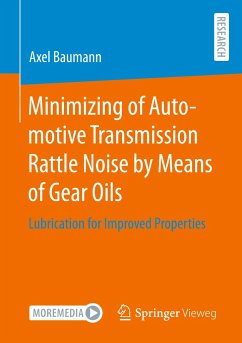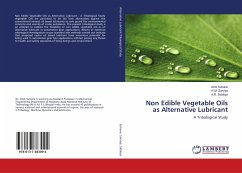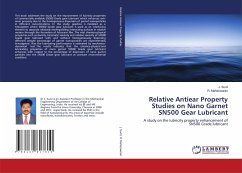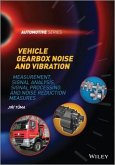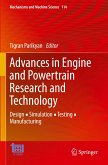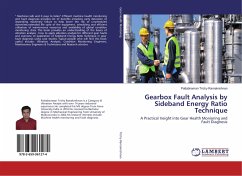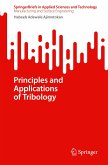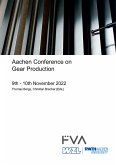Caused by downsizing of combustion engines, the torque fluctuation at the crankshaft induces torsional vibrations in the powertrain. Manual transmissions and dual clutch transmissions are particularly sensitive to gear-rattle noise. Gear-rattle noise arises from oscillations of loose parts with clearance, e.g. idler gears, synchronizer rings and gearshift sleeves. The aim of this research is the formulation of a gear oil for the application in a manual transmission to minimize gear rattling noise. Acoustic measurements on a gear-rattle noise test bench verify the noise reduction of the developed gear oils with commonly used low oil viscosity. An analysis of the transmission error proves that gear tooth impacts during rattling lead to elastic deformation of the meshing gear pairs. The main source for the intensity of gear-rattle noise is the additional presence of meshing impacts at the beginning of each gear pair meshing. Gear-rattle noise reduction can be achieved by avoiding meshing impacts, e.g. by minimizing the traction coefficient of the gear oil.

